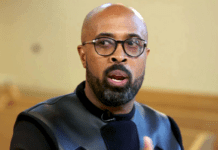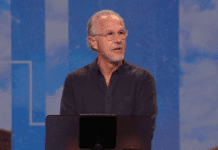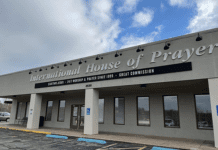The Supreme Court of New York County issued a permanent injunction June 14 against Yeshiva and ordered the school to grant the complete privileges to YU Pride Alliance that it offers to other student organizations. The court ruled Yeshiva is not a religious corporation under state law. On Aug. 23, the New York Supreme Court, Appellate Division, denied Yeshiva’s request that it block enforcement of the lower court’s order.
According to their brief, the ERLC and the other organizations differ in multiple ways but are united in this case “because their ability to serve and to structure their ministries as their beliefs require depends upon the protections of the First Amendment.” The lower-court decision and the appeals court’s refusal to stay the ruling constitute “a grave and pressing threat to religious liberty that warrants [the Supreme Court’s] immediate action,” they said in the brief.
RELATED: Are Some Evangelicals Taking John MacArthur’s Religious Liberty Comments out of Context?
The high court’s decisions regarding the First Amendment – which prohibits government establishment of religion and protects religious free exercise – “categorically [forbid] the government from second-guessing or interfering with Yeshiva University’s decision in any way,” according to the brief.
The First Amendment bars government intrusion into issues of religious belief or practice and was intended to halt the historic custom of state interference with faith-based organizations, the brief said.
By ignoring the Supreme Court’s “church autonomy doctrine,” as the brief described it, and “proceeding to second guess Yeshiva University’s understanding of its own religious beliefs, the trial court itself violated the First Amendment’s prohibition on government officials ‘act[ing] in a manner that passes judgment upon or presupposes the illegitimacy of religious beliefs and practices,’” the brief said in citing a previous opinion by the justices.
The trial court’s decisions that Yeshiva “had too many secular classes to be considered religious enough for protection” under the state’s civil rights law and that official recognition of an LGBTQ student group did not conflict with the university’s mission “are precisely the kinds of court determinations that the church autonomy doctrine exists to prevent from ever happening in the first place,” the brief said.
The case is Yeshiva University v. YU Pride Alliance.
This article originally appeared at Baptist Press.











